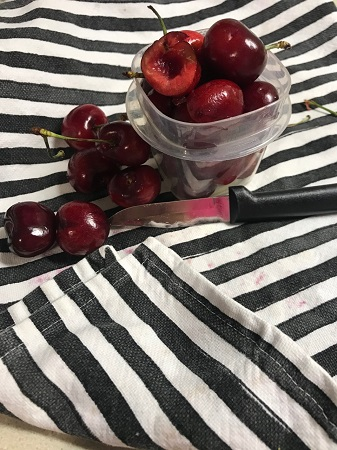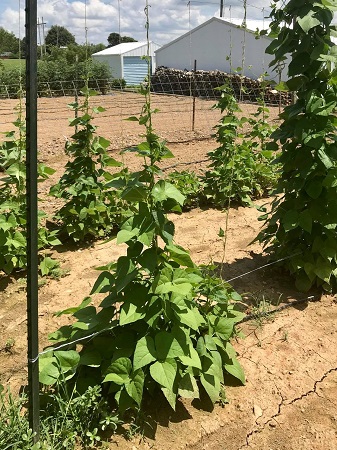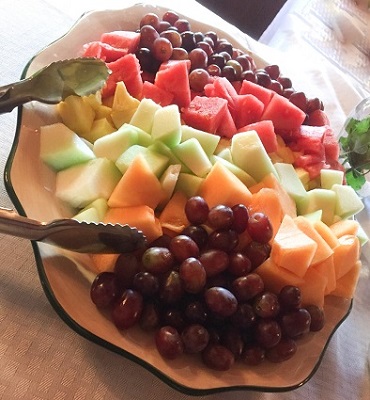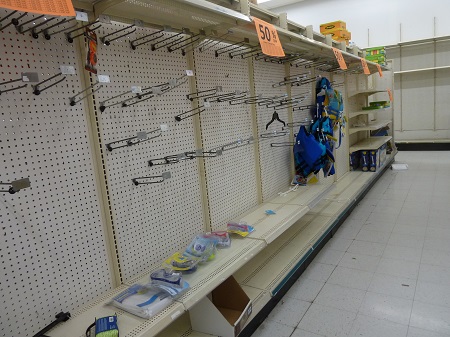On the Up and Up
 On the up and up sometimes refers to people becoming successful.
On the up and up sometimes refers to people becoming successful.
With high goals and hard work, they strive for a good:
- Income
- Reputation
- Position
They rise in the business world.
On the up and up also refers to anything improving.
- Health
- Work
- Relationships
Today’s focus relates to behavior.
People on the up and up are:
- Honest
- Dependable
- Respectable
- Fair
Anything they say can be taken to the bank. As good as their word, they have no need to hide anything they do.
- When they make a deal, they honor their agreement.
- If they share information, no one doubts its truth.
- When they promise to do something, they do it.
People whose behavior is on the up and up live clean, moral, legally upright lives.
They want to do what is right. They may not become rich or famous. However, they find far greater success than money or fame. Their choices give them a clear conscience – a gift money can never buy.
“May integrity and uprightness protect me, because my hope, Lord, is in you” (Psalm 25:21 NIV).
Thanks to Brad Leverett for the suggestion. Image by Gerhard G. from Pixabay
Do you have an expression you want explained or a thought about this one? If so, please comment below.
Subscribe to receive my weekly posts by email and receive a free copy of “Words of Hope for Days that Hurt.”
If you enjoyed this post, please share it with your friends.
 Many in the world have faced difficult circumstances in recent days. A few describe their situation as the pits.
Many in the world have faced difficult circumstances in recent days. A few describe their situation as the pits. My grandmother often said, “That doesn’t amount to a hill of beans.” In other words, it is not worth much.
My grandmother often said, “That doesn’t amount to a hill of beans.” In other words, it is not worth much. I always wanted to hit a ball over the fence when I played softball. I never did. No matter how hard I would swing for the fences, I could not do it.
I always wanted to hit a ball over the fence when I played softball. I never did. No matter how hard I would swing for the fences, I could not do it. Do you have an expression you want explained? If so, please comment below.
Do you have an expression you want explained? If so, please comment below. Not everyone believes in a good day’s work for a good day’s pay. Honest, hard-working people do. Others work as little as possible for their pay.
Not everyone believes in a good day’s work for a good day’s pay. Honest, hard-working people do. Others work as little as possible for their pay. A few years ago, my husband was in the hospital, not expected to live. The next day a doctor said he was much better but not out of the woods yet. He meant my husband still had to fight for his life.
A few years ago, my husband was in the hospital, not expected to live. The next day a doctor said he was much better but not out of the woods yet. He meant my husband still had to fight for his life. Food for thought means something to consider.
Food for thought means something to consider.  If someone pays us by check, we take it to the bank. The check promises money.
If someone pays us by check, we take it to the bank. The check promises money. Joe Hill wrote about pie in the sky in his 1911 song,
Joe Hill wrote about pie in the sky in his 1911 song,  Many stores open early and close late on sale days. Early shoppers find several choices. Those who shop later in the day find slim pickings.
Many stores open early and close late on sale days. Early shoppers find several choices. Those who shop later in the day find slim pickings.